POS Software for Small Business: A Comprehensive Guide
Point of Sale (POS) is critical software to run daily operations for any small business. From your local retail shop, café or service business; a good POS system comes with number of tools that helps you in faster checkouts, inventory control all the way thru to automated reporting for data driven-decision. Today we are going to tackle the essential features and advantages of small business POS system software, providing you with an overview on how it could enhance your efficiency as a whole.
What is POS Software?
POS software is used for completing sales, tracking inventory management data, and developing reports. This is the digital bridge between customers, who are making a purchase, and businesses payments processing systems coupled with inventory.
Current POS systems do more than just process payments, however: features run the gamut from sales reporting and inventory management to employee scheduling tools as well as customer relationship management (CRM).
Why Small Businesses Need POS Software
Small businesses face unique challenges, such as limited staff and the need to streamline daily operations. A well-designed POS system can help with these challenges by:
- Improving checkout efficiency: Faster transaction processing with a POS system reduces long lines and enhances customer satisfaction.
- Managing inventory: POS software tracks stock levels in real time, helping you avoid overstocking or understocking items.
- Providing detailed sales reports: Access to detailed data on sales patterns helps small business owners make informed decisions.
- Ensuring payment security: Secure POS systems ensure safe and encrypted payment processing, reducing the risk of fraud.
Key Features of POS Software for Small Businesses
When choosing a POS system for your small business, it’s important to focus on the features that meet your specific needs. Below are some of the most critical features to look for:
1. Inventory Management
For a small business, inventory is a crucial asset. POS software with robust inventory management capabilities helps keep track of products in real time. This feature allows you to:
- Track stock levels and set reorder alerts.
- Identify top-selling items and underperforming products.
- Avoid stockouts by getting alerts when inventory is low.
2. Sales Reporting
Understanding your sales data is key to making smart decisions. POS software should offer detailed reports, including:
- Daily, weekly, or monthly sales summaries.
- Insights into customer purchasing trends.
- Revenue forecasts and performance benchmarks.
These reports are useful for analyzing sales patterns and identifying ways to boost profitability.
3. Employee Management
If your business has multiple employees, tracking their work hours and productivity is essential. Many POS systems offer employee management features, such as:
- Time clock functions that allow employees to clock in and out directly from the system.
- Sales performance tracking to evaluate individual staff members.
- Access permissions to control which employees can access certain features.
4. Customer Relationship Management (CRM)
Small businesses can build stronger relationships with their customers by using CRM tools within their POS systems. This feature allows you to:
- Store customer data and purchase histories.
- Offer loyalty programs and special promotions.
- Send personalized marketing emails based on purchase behavior.
5. Mobile Payments
In today’s market, customers expect payment flexibility. Look for a POS system that supports multiple payment options, including:
- Credit and debit cards.
- Mobile wallets like Apple Pay and Google Pay.
- Contactless payments for a faster checkout experience.
Mobile POS systems can also be beneficial for small businesses that operate in more than one location, such as food trucks, pop-up stores, or farmers’ markets.
Popular POS Software for Small Businesses
There are various POS software options available for small businesses, each with its own strengths and price points. Below are some popular options:
1. Square
Square is a user-friendly POS system designed for small businesses. It offers a free plan with essential features like sales tracking, inventory management, and digital receipts. Key features include:
- Free POS app with no monthly fees.
- Ability to process credit cards at a flat rate of 2.6% + 10¢ per transaction.
- Easy integration with Square’s e-commerce platform.
2. Shopify POS
Shopify POS is an excellent choice for businesses that operate both online and offline. Shopify integrates seamlessly with its e-commerce platform, making it easy for small businesses to manage in-store and online sales through one system. Features include:
- Advanced inventory management across physical and online stores.
- Omnichannel selling, allowing you to sell in person and online.
- Customizable checkout experience with mobile POS capabilities.
3. Vend
Vend is a cloud-based POS system that offers powerful tools for retailers. It is known for its user-friendly interface and customizable features. Key highlights include:
- Comprehensive inventory management, allowing businesses to add thousands of SKUs.
- Real-time sales reporting and analytics.
- Integrated loyalty programs to reward repeat customers.
4. Lightspeed
Lightspeed is a POS system that specializes in retail and hospitality businesses. It offers advanced features such as:
- Multi-location inventory tracking.
- Customizable workflows for restaurants or retail stores.
- Integration with accounting software like QuickBooks.
Benefits of Using POS Software in Small Businesses
Businesses that have installed POS software see an improvement in their operations. Below are some key benefits:
1. Improved Efficiency
Automating functions, including tracking sales or managing inventory and processing payments reduce the margin of human error while simultaneously affording business owners time to perform growth tasks.
2. Better Customer Experience
POS software makes it convenient for the customer to go through checkouts faster, pay with various payment options and also enables more personalized loyalty programs.
3. Increased Sales Insights
Pos systems offer very detail data analysis & reporting, allowing small business owners to have the necessary information required for informed decisions from product offerings marketing strategies staff.
4. Seamless Integration
The rest of it automatically adjusts with accounting, payroll or e-commerce platforms integration in most modern POS systems for seamless workflow.
Case Study: How POS Software Helped a Café Increase Revenue
It was such a common situation to see the small café owner who had issues with their inventory management and slow checkouts. By adding the Square POS system, they could follow product sales with current stock and smooth down the check-out process. They implemented a loyalty program too using the POS system and this helped make repeat visits more frequent — boosting sales by 20% in three months!
The owner then mapped the sales report, their best-selling points and made decisions about what they were doing. The café financial performance increased, and run rate on-chain dropped away with a lift in client satisfaction due to married improvement of workflows.
Conclusion
Selecting the best POS software is crucial when it comes to small business offerings. POS systems provide an array of benefits like inventory management, sales reporting and customer relationship tools which can help with product positioning to increase efficiency, elevate the experience for customers and speed up business growth.
A reliable POS system helps you compete with other retail shops, restaurants or service based businesses while managing your operations smoothly.
Pos software for small business




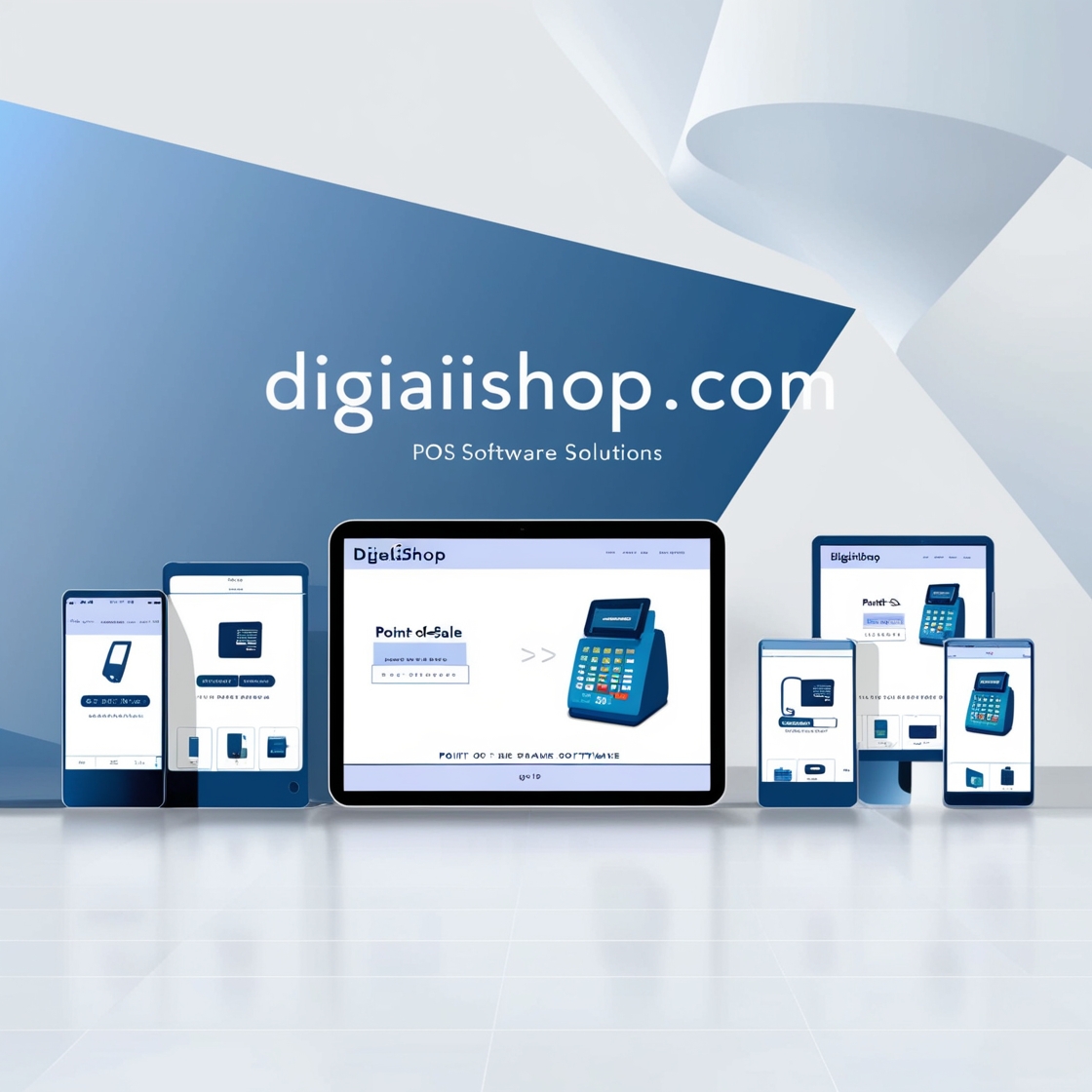
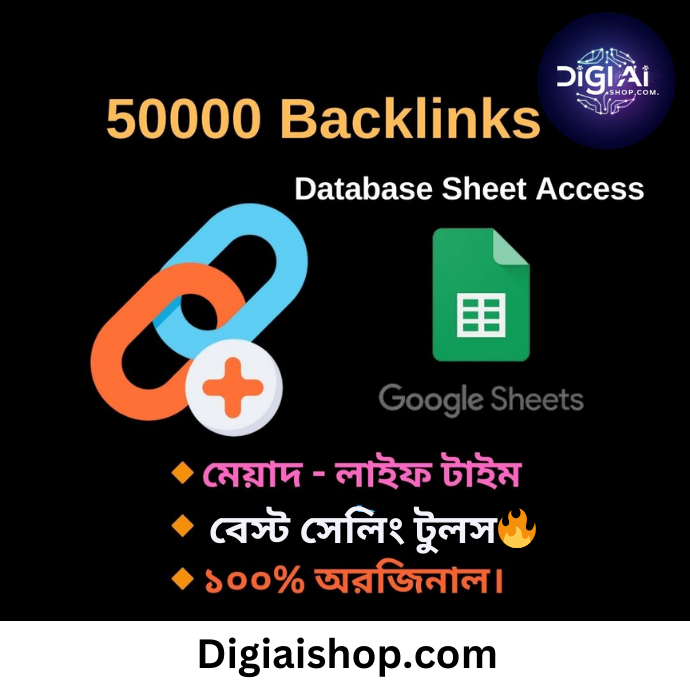
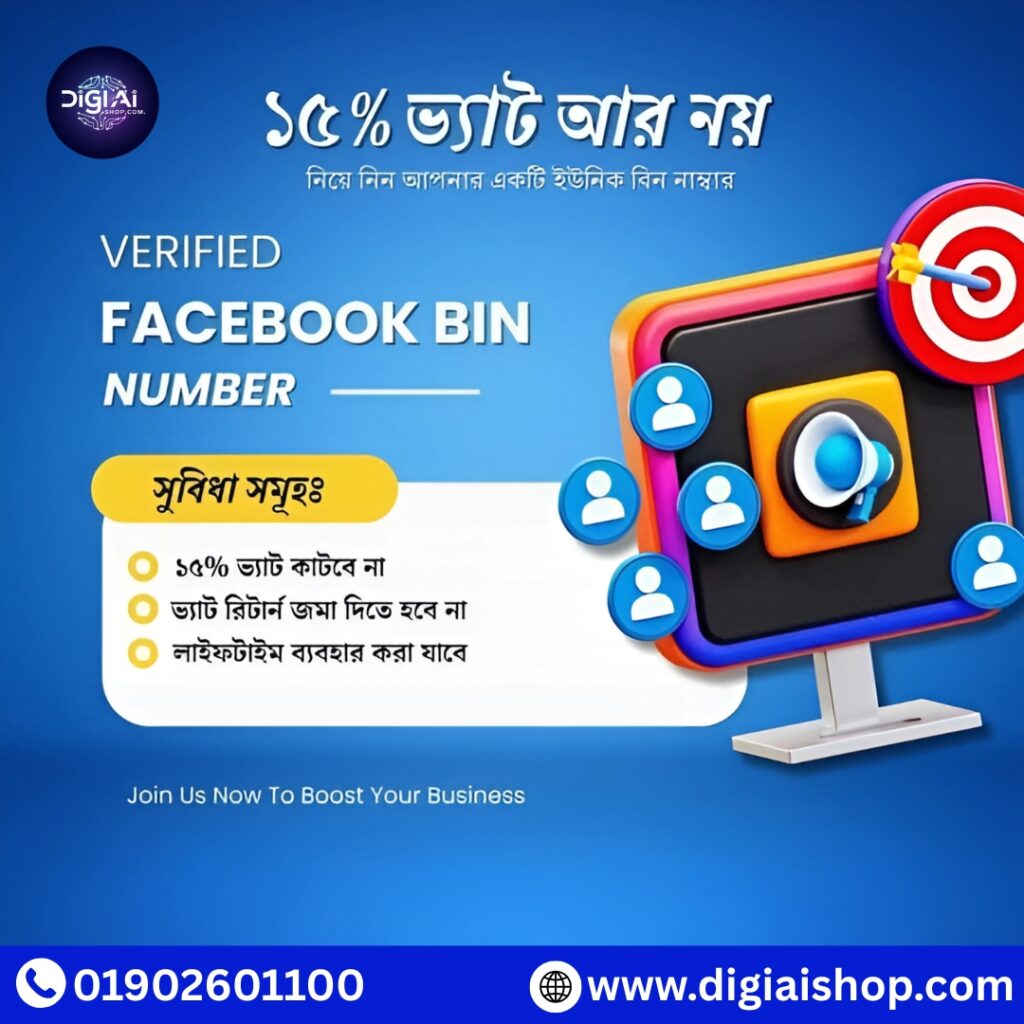


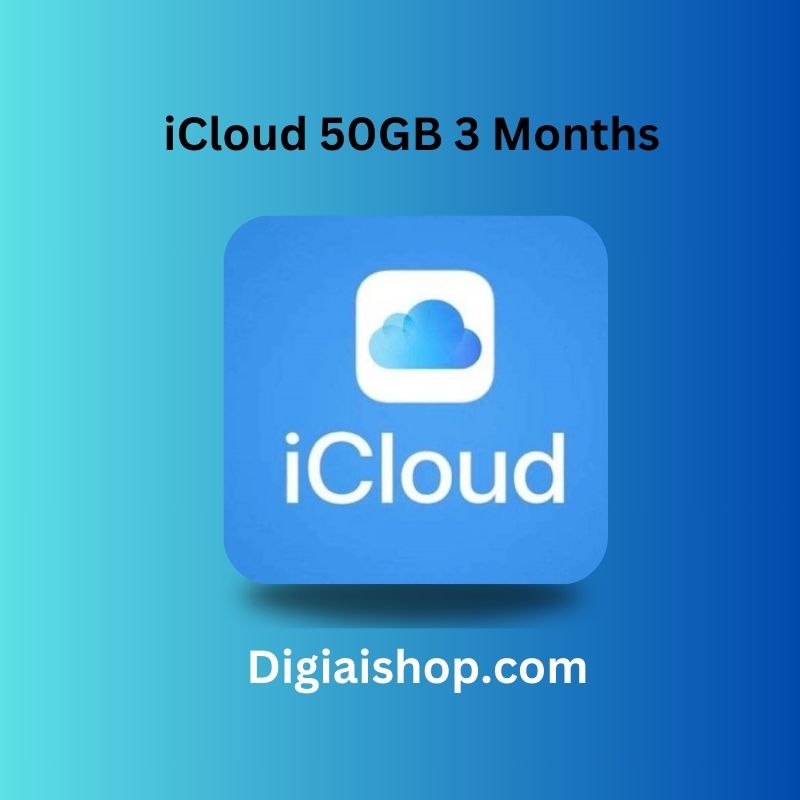
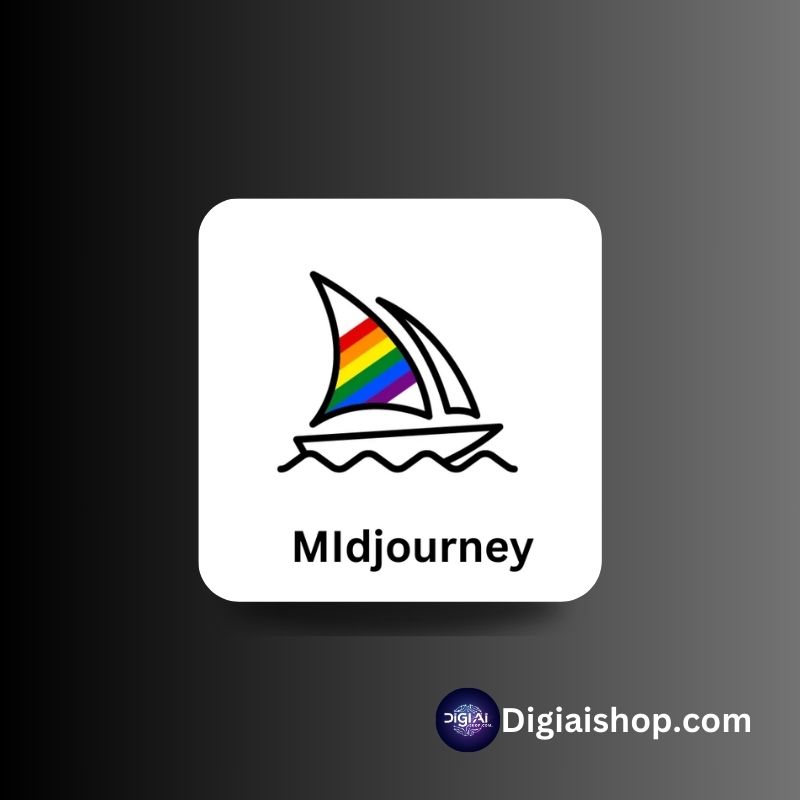
Reviews
Clear filtersThere are no reviews yet.